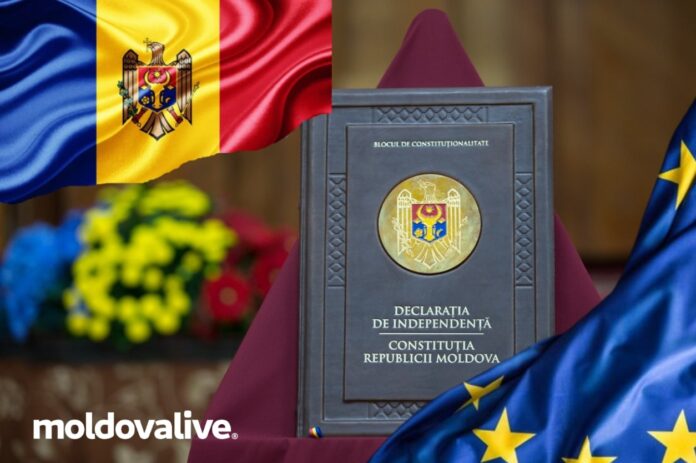On July 29, 1994, Moldova’s Parliament adopted the Constitution, laying the foundation for the country’s legal and democratic framework. Since then, lawmakers have amended the Supreme Law multiple times, while some politicians have tried to exploit its provisions for personal or foreign interests.
In 1996, Parliament introduced the first amendment, establishing regulations for judicial activity.
In 2000, lawmakers passed a major reform that changed the way Moldova elects its President, shifting the process from a public vote to a parliamentary one. The amendment also:
- Prohibited from dismissing the President during the final six months of Parliament’s term.
- Authorized the President to appoint the Prime Minister.
- Clearly defined the responsibilities of the Government and the Prosecutor’s Office.
- Granted the Constitutional Court the authority to determine the legal grounds for dissolving Parliament or dismissing the President.
FOR THE MOST IMPORTANT NEWS, FOLLOW US ON TWITTER!
In 2001, Parliament abolished the death penalty in the Constitution. However, until 2006, the law permitted exceptions during wartime or imminent threats of war under specific legal conditions. Lawmakers also amended the Constitution to:
- Limit detention without charge to 72 hours.
- Require a court order for any arrest.
- Guarantee that no law in Moldova may violate fundamental human rights.
In 2002, Parliament introduced new provisions that:
- Clarified the rules for granting and revoking Moldovan citizenship.
- Prohibited from expelling or extraditing Moldovan citizens.
- Regulated asylum and extradition procedures for foreigners.
- Defined the structure and role of the Superior Council of Magistracy.
In 2003, lawmakers amended the Constitution to recognize Gagauzia’s autonomy and granted the People’s Assembly in Comrat — along with the President, Government, and members of Parliament — the right to initiate legislation.
In 2016, the Constitutional Court ruled that the 2000 amendment to elect the President in Parliament was unconstitutional. As a result, Moldova reinstated direct presidential elections.
In 2017, Parliament added the Human Rights Commissioner’s responsibilities to the Constitution.
In 2019, lawmakers replaced the outdated term “handicapped” with the more appropriate “disabled.”
In 2022, Parliament amended the Constitution again to:
- Define the structure and appointment process of the Superior Council of Magistracy.
- Set clear terms and dismissal conditions for judicial mandates, including competitive selection procedures.
In 2023, the Constitutional Court resolved a long-standing national debate by officially declaring Romanian as the state language of Moldova.
In 2024, the most recent amendment came through a national referendum. Citizens voted to enshrine Moldova’s European path as irreversible, adding a new chapter titled “European Integration.” The amendment states:
- Parliament will decide on Moldova’s accession to the EU treaties.
- EU law takes precedence over conflicting national laws, while respecting the conditions of Moldova’s EU accession act.


